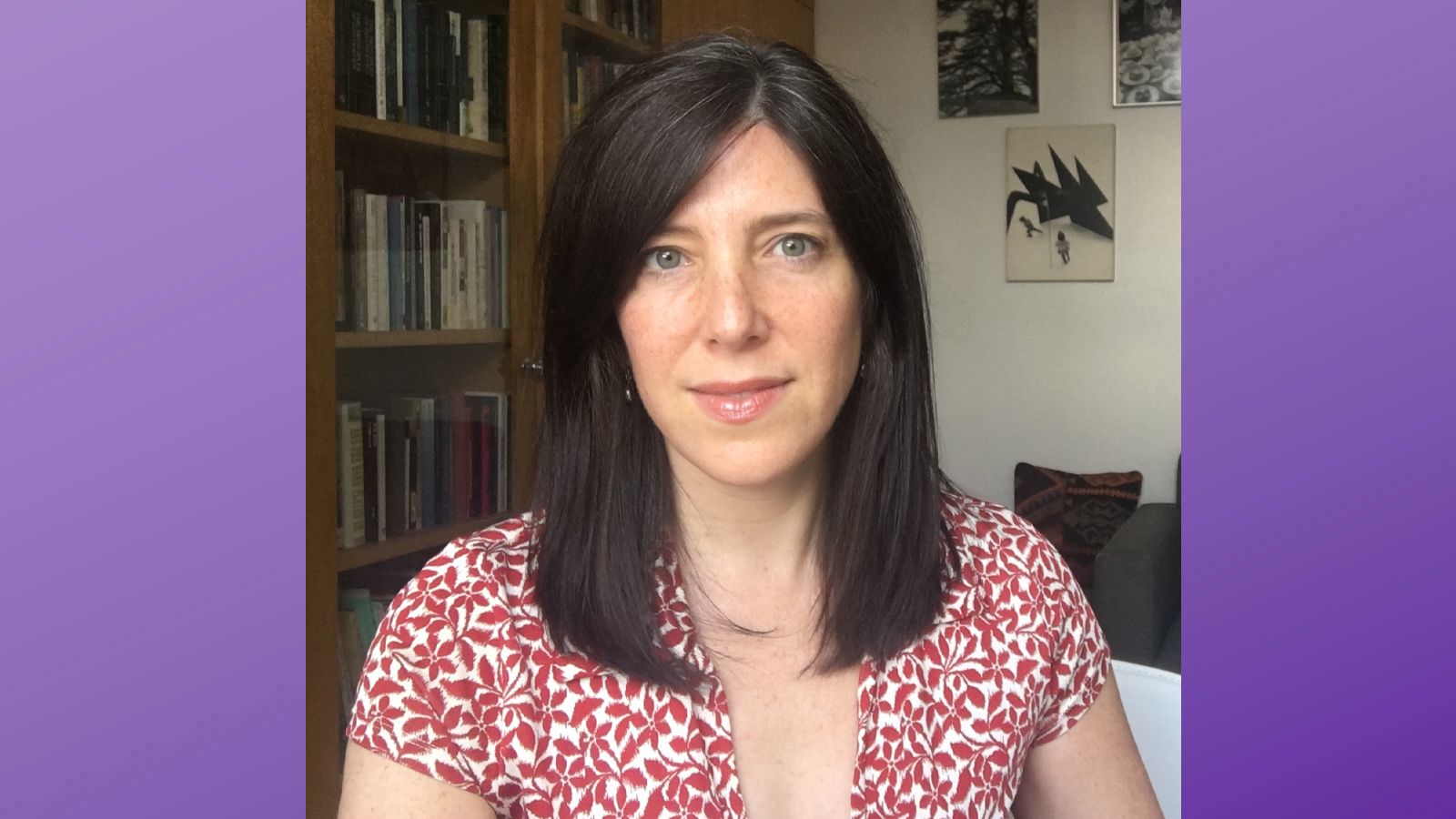Hunter College Professor Sarit Golub — whose insights on sexual behavior and stigma revolutionized how we deliver health care to people affected by HIV-AIDS — has been named a distinguished professor by the City University of New York for her extraordinary achievements in Behavioral Psychology.
Hunter College President Jennifer J. Raab said that the honor for Golub was more evidence of the outsized impact of Hunter researchers on the nation’s health and well-being.
“Following the college’s model of mihi cura futuri — the care of the future is mine — Hunter professors and students have broken ground and improved people’s lives in so many fields,” President Raab said. “Congratulations to Prof. Golub for this well-deserved recognition of her life-saving work.”
Golub’s research found that communicating negative messages about sexual “risk” discourages people from using measures that could prevent HIV and in fact leads to more disease; clinicians instead should emphasize positive messages about patients’ relationships and goals.
Her groundbreaking demonstration project on how to get people to use HIV pre-exposure prophylaxis — known as “PrEP” — led to the first such community programs in New York City and facilitated the strategy’s adoption as the HIV-prevention standard by the NYC Health Department, federal health authorities, and nations including China, India, and Romania. Her innovative GOALS Approach to Sexual History and Health likewise has been used as best-practice guidelines by federal, state, and local health authorities.
“I’m honored and humbled to be named distinguished professor at CUNY,” said Golub, who directs the Hunter Alliance for Research & Translation, whose mission is to translate research findings into practical advice for service and advocacy organizations. “It is my greatest privilege to work with and support our brilliant and motivated CUNY students and to collaborate with such insightful and dedicated community partners to improve health care and advance equity in our city.”
Golub has published more than 100 peer-reviewed articles, had more than 7,000 citations, and earned 13 federal grants totaling more than $20 million.
Her appointment as distinguished professor was based on recommendations by the Hunter College community, including the Psychology Department, dean of Arts and Sciences, provost, and president along with letters of support from national Behavioral Health experts.
The title of distinguished professor is CUNY’s highest faculty honor. According to the Bylaws of the CUNY Board of Trustees, a distinguished professor “must be a person of outstanding merit and accomplishment in their field” and should have a nationally recognized record of innovative, sustained, and influential research.


